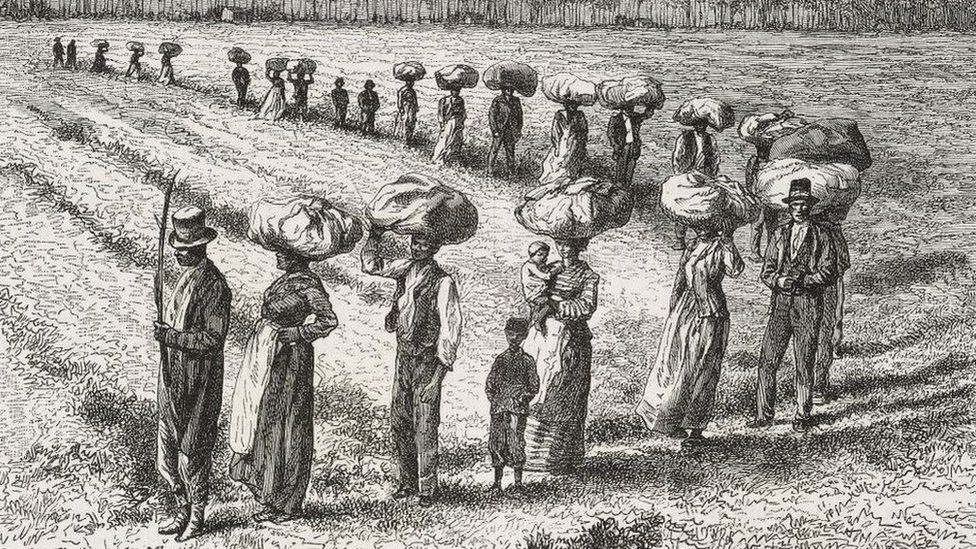
Introduction
The Emancipation Proclamation, issued by President Abraham Lincoln on January 1, 1863, stands as one of the most pivotal moments in American history. This executive order marked the beginning of the end of institutionalized slavery in the United States. In this comprehensive article, we will explore the historical context leading up to the Emancipation Proclamation, its significance, and its long-lasting impact on the nation.
I. Historical Context
1. The Growth of Slavery:
Slavery had been deeply ingrained in
American society since the early 17th century. It was primarily concentrated
in the Southern states, where the agrarian economy heavily relied on slave
labor to cultivate crops, particularly cotton.
2. Sectional Tensions:
By the mid-19th century, the United States
was deeply divided over the issue of slavery. The nation had split into two
regions with contrasting economic and moral outlooks - the industrialized
North, which largely opposed slavery, and the agricultural South, where
slavery was a cornerstone of the economy.
II. The Emancipation Proclamation
1. Issuance of the Proclamation:
On September 22, 1862, after the
Union victory at the Battle of Antietam, President Lincoln issued a
preliminary Emancipation Proclamation. It declared that all slaves in
Confederate-held territory would be considered free on January 1, 1863, if
the Confederate states did not return to the Union.
2. The Impact:
The Emancipation Proclamation did not immediately
free all slaves, as it only applied to areas in rebellion against the United
States. However, it symbolized a critical shift in the war's purpose. It
transformed the Civil War from a conflict solely about preserving the Union
into a war that also sought to abolish slavery.
III. Significance and Consequences
1. Moral and Political Significance:
The Emancipation Proclamation
represented a moral commitment to the idea that all people, regardless of
their race, should be free. It further aligned the Union with the
abolitionist cause and garnered international support.
2. Symbolic Change:
While the proclamation did not instantly end
slavery, it was a significant step in that direction. It encouraged enslaved
individuals in Confederate-held territories to flee to Union lines, and many
did, ultimately contributing to the destruction of the institution of
slavery.
3. Long-term Impact:
The Emancipation Proclamation paved the way
for the Thirteenth Amendment to the United States Constitution, ratified on
December 6, 1865, which formally abolished slavery in the entire country.
4. Legacy:
The Emancipation Proclamation is a symbol of freedom and
equality, a reminder of the nation's ongoing struggle for civil rights, and
an inspiration to countless individuals and movements fighting for justice.
Conclusion
The Emancipation Proclamation, issued on January 1, 1863, marked a turning point in American history. It was a courageous step towards ending the institution of slavery in the United States and set the stage for the eventual eradication of this abhorrent practice with the ratification of the Thirteenth Amendment. The proclamation's enduring legacy continues to inspire and serve as a beacon of hope for those striving for equality and justice in the United States and beyond.

